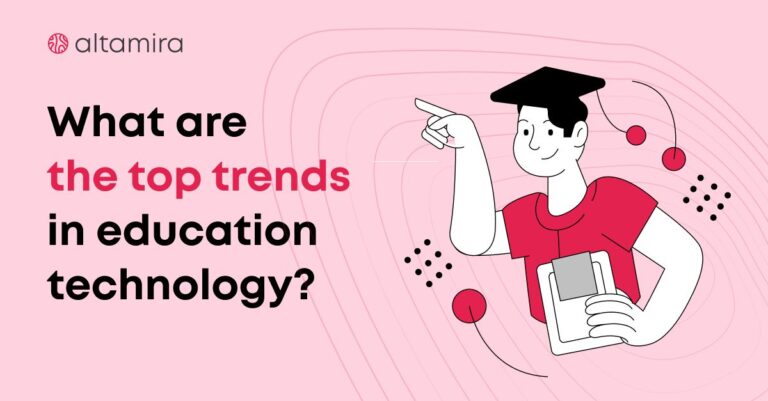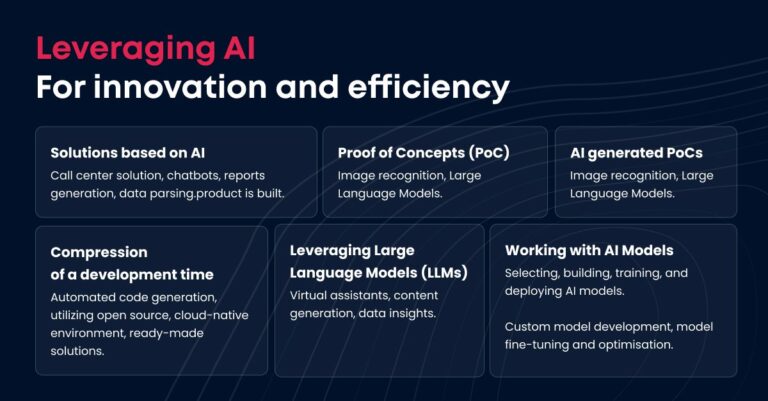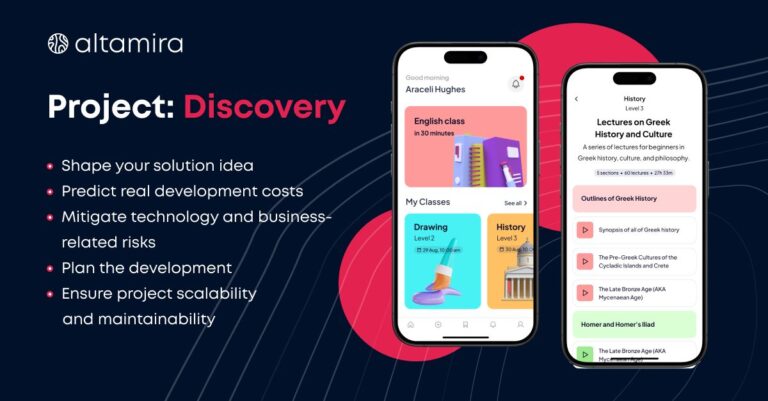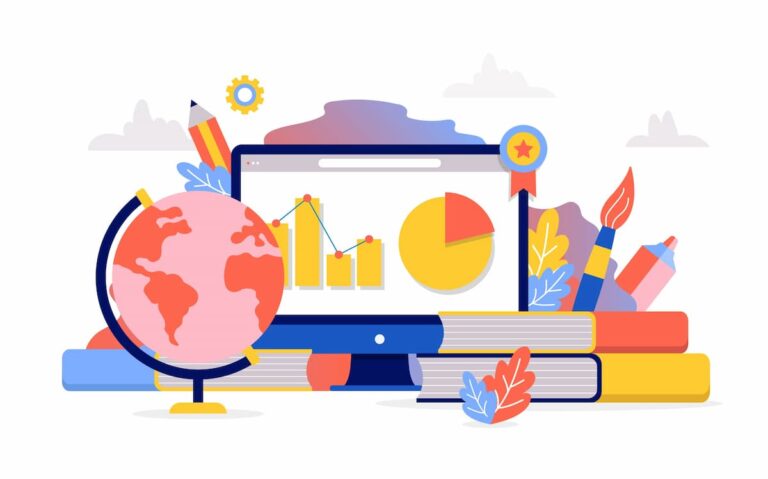In the first quarter of 2025, mobile accounts for over 60% of global web traffic, with some regional variation.
Technology has transformed all areas of our lives, and education is no different. Over the years, we’ve seen how it has changed classrooms, making learning easier, more engaging, and more effective.
In recent years, digital devices like tablets and laptops have become common in classrooms, giving students easy access to a wide range of educational resources.
This trend is set to continue, with many schools implementing a one-to-one device policy, providing every student with a device for learning.
For example, the Los Angeles Unified School District (LAUSD) launched a 1:1 initiative for over 100,000 students, providing each with a Chromebook.
Additionally, technology has enabled the shift to online learning, offering flexible and personalised education opportunities.
Online platforms now allow students to learn at their own pace, explore various subjects, and connect with peers globally. In 2025, EdTech trends such as online learning will keep growing, with virtual classrooms getting better and more opportunities for students to interact and engage.
Top trends in educational technology
Let’s explore the top trends in educational technology that are generating the most buzz right now.

Advanced adaptive and personalised learning
The shift toward personalised learning is accessible and practical. Last year, companies generated 40% more revenue from personalised offerings compared to their slower-growing counterparts.
Additionally, the latest Future of Edtech report highlighted personalisation as one of the “5 ways education needs to change.”

Generative AI, which made great progress in 2022-2023, is helping drive this change.
In 2024, Khan Academy’s Khanmigo was using GPT-4 to give personalised tutoring in real classrooms, backed by a pilot with the Newark Public Schools.
In 2025, it will continue to automate and customise learning content, provide specific, personalised feedback, and assist students with learning disabilities or language challenges.
Voice-activated technology is another aspect of the personalisation trend. Voice assistants will enable hands-free learning and offer greater accessibility to people from diverse backgrounds.
Additionally, tools like Grammarly typing assistant are incorporating Natural Language Processing (NLP) to enhance user experience.
Unconventional platforms
Can platforms like TikTok or Instagram provide educational value? Definitely, yes.
EdTech is changing, with learning expanding beyond traditional methods to include platforms like TikTok, YouTube, and Instagram.
Around 70% of students report consuming educational content on social media platforms, with YouTube being the most popular for learning (over 80% of students aged 16-24 use YouTube for educational purposes).

At the same time, today TikTok has over 1 billion active users. Educational content, often called “#EduTok,” has gained massive popularity, with over 7 billion views under the educational hashtag. The app’s short-form videos are widely used to explain concepts in creative ways.
As digital natives turn to these unconventional sources for their learning, EdTech innovators need to develop new types of educational platforms.
These innovative solutions should engage their audience by delivering education in entertaining and innovative formats. If you’re planning to teach Generation Z, this trend is something to keep in mind.
Continued self-driven education
While formal education provides a good foundation, it often doesn’t fully meet the needs of new professionals, especially those working in digital. EdTech is designed to support continuous learning, making it accessible.
In 2025, these factors are driving more EdTech companies to structure learning around both long- and short-term goals, giving people greater control over the entire learning process.

The focus will shift toward acquiring practical, real-world skills through hands-on courses, boot camps, and certifications.
For example, in 2023, approximately 20% of global learners participated in MOOCs, with platforms such as Coursera, edX, and Udemy enabling millions of people to learn independently. More than 100 million learners have enrolled in courses on Coursera since its launch, with over 70% of those courses being self-paced. In 2025, the goal is to ensure graduates are not only academically prepared but also job-ready.
Career guidance AI and machine learning tools will play a key role in analysing students’ strengths, interests, and current trends to help them make informed career choices.
This will add a personalised element to career planning, connecting more individuals with opportunities that align with their skills and aspirations in an ever-changing job market.
Datafication and learning analytics
Knowledge retention has risen from 25% to 60% over the past decade. This improvement is largely due to our ability to analyse student data, which has helped refine teaching methods.
Datafication is the biggest trend in education, focusing on converting various aspects of learning into measurable data. This data is then analysed to gain insights into performance, student engagement, and learning behaviours.

It lays the foundation for learning analytics, which helps predict outcomes and customise educational experiences.
One of the greatest benefits of learning analytics is personalised learning.
By analysing how students interact with content, educators can adjust their teaching methods to meet individual needs, support struggling students, challenge high achievers, and address curriculum gaps.
Blockchain technology is gaining attention for its role in supporting learning. It is being used to securely share student records and achievements between institutions, streamlining administrative tasks and improving the credibility of educational credentials.
Other data-driven tools, such as predictive analytics and scenario simulations, allow teachers to adjust their methods more effectively, customising education to each student’s unique needs and strengths.
This combination of blockchain and analytics goes beyond tracking; it provides a more personalised approach to both teaching and learning.
While widespread blockchain adoption is still on the horizon, there have already been promising initiatives from institutions like the Georgia Institute of Technology, the University of Arizona, and others.
Focus on SEL (Social-Emotional Learning)
As mental health and self-awareness become more important, people are starting to realise that a one-size-fits-all approach to learning doesn’t work for today’s learners.
In 2025, personalised learning experiences will not only focus on academic performance but also consider the emotional and psychological well-being of students.

For example, a meta-analysis of 213 studies published in the Child Development Journal found that students who participated in SEL programs demonstrated an 11-25% improvement in academic achievement compared to their peers who did not participate in SEL programs.
What’s more interesting, students who took part in SEL programs were 42% less likely to engage in problematic behaviours such as bullying, aggression, and substance use, according to a 2021 study by CASEL.
This shift may lead to the growth of digital platforms that develop social and emotional skills, such as empathy, resilience, and communication.
Growth of microlearning
It’s well known that Gen Z prefers content that’s brief and to the point. Being one of the largest audiences in EdTech, companies are working hard to cater to these preferences.
This is where microlearning makes a difference. Short, focused modules that fit into brief attention spans and flexible schedules will continue to gain popularity, particularly for skill development.

The most popular formats for microlearning include:
Videos: 65% of learners prefer consuming learning content in video format, especially short instructional clips (e.g., YouTube tutorials).
Quizzes & Flashcards: 55% of learners favour short quizzes or flashcards as a way to test their knowledge and reinforce learning.
Infographics & Podcasts: 45% of learners use infographics or podcasts for bite-sized content that can be easily absorbed on the go.
Edutainment is another important part of how Gen Z is changing the way we learn. Blending education with entertainment through interactive games, storytelling, and virtual experiences makes learners more engaged, leading to a more enjoyable and effective learning process.
The development of hybrid learning environments in education sector
While online learning is more accessible than ever, it doesn’t mean we no longer crave human interaction. In fact, 65% of teens still prefer having in-person contact while studying.
Solutions in the EdTech space won’t eliminate the need for human interaction; on the contrary, they are expected to bring people closer together.
Emerging tools not only encourage interaction, group work, and project-based learning but also enable the use of wearable technology. These devices enable students to take notes, engage with their peers, track their progress, and receive real-time feedback.

According to a National Centre for Education Statistics (NCES) survey, 65% of U.S. colleges and universities now offer hybrid learning options, with more institutions incorporating online components into traditional courses.
As a result, research published in The Journal of Online Learning and Teaching found that hybrid learning environments resulted in 20% higher student retention rates, as the combination of online resources and in-person interaction helped students stay engaged and improve knowledge retention.
Chatbots & AI Assistants
According to The Daily Mail, Harvard University’s introductory programming course was taught by a chatbot for the first time during the 2023-2024 academic year.
This neural network is expected to ease the workload, support teachers, and help students master the course, offering continuous access to educational materials.

The chatbot can identify errors in code, clarify confusing sections, and offer feedback on programs. However, Harvard admits that the bot is still a work in progress. The university is also exploring the use of OpenAI’s GPT-4 and GPT-4o models for further improvements.
Immersive learning
Studying human organs in biology or exploring the Napoleonic Wars is now possible, thanks to the latest advancements in Extended Reality (XR), Augmented Reality (AR), and Virtual Reality (VR). In 2025, these experiences are set to become even more extraordinary.
Research from Stanford University found that immersive learning can improve knowledge retention by 75%. Students who learn through VR/AR environments tend to recall information better due to the engaging and hands-on nature of the learning experience.

The power of these technologies lies in their ability to spark curiosity and wonder, making education more engaging and unforgettable.
This is how we can help our brains stay focused in the 21st century. As XR technologies continue to advance, immersive learning could transform how we acquire knowledge.
Measuring impact in education technology
Focusing on real impact is key to building lasting businesses in education and other fields. Owl Ventures, an investment firm working in the education sector, evaluates success based on three key areas: scale and access, diversity, and outcomes.
Scale and access
EdTech companies need to deeply understand customer profiles, creating products that can scale while still serving high-need communities. The approach will vary depending on the specific learners the companies are targeting.
Fostering diversity
Companies that prioritise gender, racial, and ethnic diversity are 36% more likely to outperform industry medians. Diverse teams consistently show stronger decision-making skills, highlighting the value of inclusivity.
Tailored outcomes
Since each EdTech venture addresses a unique challenge in the education sector, identifying and measuring specific outcomes that align with the product’s goals is a valuable exercise for both companies and their stakeholders.
Virtually, the future of EdTech and the quality of education leads to a fundamental question for education technology companies: Does our solution lead to a positive outcome for its intended users?

Final thought
Education is becoming more accessible, and hands-on learning is getting more focus.
Today, advanced educational technology tools make lifelong learning a reality, allowing people to continuously acquire new knowledge and improve and gain new skills throughout their lives. The key is figuring out how to make the best use of these tools to create even more opportunities for ongoing learning. In 2025, the collaboration between technology and education encourages a love for lifelong learning and creates a more student-focused learning environment.
How Altamira can help you?
At Altamira, we deliver commercially viable and feature-rich EdTech software solutions that truly resonate with your users’ needs. On top of it, we consistently optimise our approaches with the goal of compressing the software development lifecycle (SDLC) – develop quicker without losing quality and stay within the budget.

Among others, we can help you with:
- Outdated educational methods
- Broken collaboration between peers and educators
- Passive learning models
- Lack of personalisation
- Cost inefficiency in educational delivery
- Data breaches and unauthorised access
- Vague learning experience

Be it for K-12 schools, EU education systems, or corporate segments, we develop unique solutions that facilitate the learning process, streamline administrative tasks, and provide interactive and engaging student experiences. Contact us to get a free expert consultation.
A few key shifts are standing out.
First, AI is becoming more practical in classrooms—not just chatbots, but tools that help personalise learning paths, automate feedback, and support teachers rather than replace them.
There is also a stronger focus on microlearning and modular content that can be adapted on the fly, particularly in corporate and adult education. Finally, platforms are improving at measuring actual learning outcomes, rather than just engagement or attendance.
Education is leaning toward flexibility and relevance.
That means more skills-based learning, where students focus on what they can do rather than what they’ve memorised. Blended learning is also maturing—less about flashy tech, more about using digital tools where they actually help.
With increased awareness of mental health, there is a growing interest in social-emotional learning that’s backed by data, not just good intentions.
The short answer is infrastructure.
More institutions are rethinking their entire learning architecture, embracing open standards, interoperable systems, and innovative ways to connect tools and data.
AI might grab headlines, but the real shift is in how tech quietly integrates into the background, supporting better teaching rather than trying to replace it. Think fewer dashboards, more meaningful insights.
Tools that solve everyday problems are getting the most traction.
Learning management systems (LMS) remain core, but they’re now integrating with AI assistants that assist with grading and answering student questions. Assessment tools are also evolving, transitioning from multiple-choice quizzes to platforms that can accommodate open-ended responses and provide instant, actionable feedback.
And while VR/AR receives a lot of attention, most adoption is happening where the technology is low-cost and easy to deploy, such as interactive simulations for science or language practice apps that work on basic devices.






